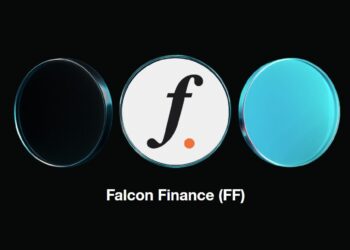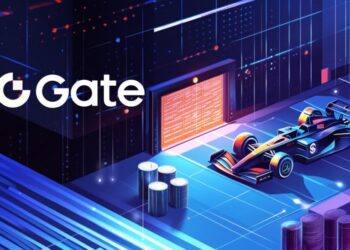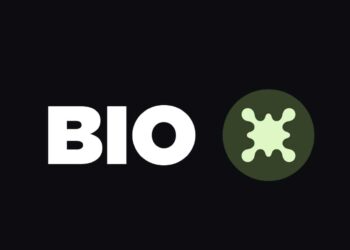Quick Breakdown
- GKR protocol enhances Ethereum’s proof verification using recursive aggregation for faster, cheaper computation.
- It supports Ethereum’s “Lean” roadmap, aiming for a simplified and scalable architecture.
- Combining GKR with ZK layers offers both efficiency and privacy, bridging blockchain and AI applications.
Vitalik Buterin introduces the GKR Protocol
Ethereum co-founder Vitalik Buterin has unveiled a groundbreaking research protocol that could reshape how Ethereum handles proof verification and scalability. In a blog post published on October 20 via vitalik.eth.limo, Buterin detailed the Goldwasser–Kalai–Rothblum (GKR) protocol — a new framework designed to streamline zero-knowledge computations and reduce network overhead.
The GKR system leverages recursive proof aggregation to verify large computations with minimal on-chain activity, marking a significant leap in proof efficiency. Unlike traditional ZK-SNARKs or STARKs, the GKR protocol processes proofs in logarithmic time and eliminates the need for expensive intermediate commitments.
Faster, leaner, and scalable computation
Buterin described GKR as particularly effective for large-scale cryptographic operations, including hash batching and neural network computations. He acknowledged contributions from Lev Soukhanov, Zhenfei Zhang, and Zachary Williamson, noting that scalability is at the protocol’s core.
Although GKR isn’t inherently zero-knowledge, it can be combined with existing ZK systems to ensure privacy, enabling a blend of succinctness and confidentiality. This makes it suitable for applications extending beyond blockchain, including AI-driven computation verification.
Aligning with Ethereum’s “lean” future
The introduction of GKR aligns with Buterin’s broader “Lean Ethereum” vision — a roadmap emphasizing simplification, quantum resistance, and rapid finality. It complements ongoing Ethereum initiatives such as rollup proof aggregation, stateless client models, and ZK-based governance tools.
Developers are now expected to experiment with GKR-based designs that could make Ethereum’s cryptographic infrastructure lighter and faster. If successfully implemented, the GKR framework could mark a major milestone in achieving Ethereum’s long-term goal of scalable, verified computation.
Meanwhile, Vitalik Buterin is calling for a global shift toward open-source and verifiable digital infrastructure across critical sectors such as healthcare, finance, and governance, warning that overreliance on centralized systems could undermine trust, security, and efficiency. Buterin argued that societies gain more from producing technology than merely consuming.
If you want to read more news articles like this, visit DeFi Planet and follow us on Twitter, LinkedIn, Facebook, Instagram, and CoinMarketCap Community.
“Take control of your crypto portfolio with MARKETS PRO, DeFi Planet’s suite of analytics tools.”





















